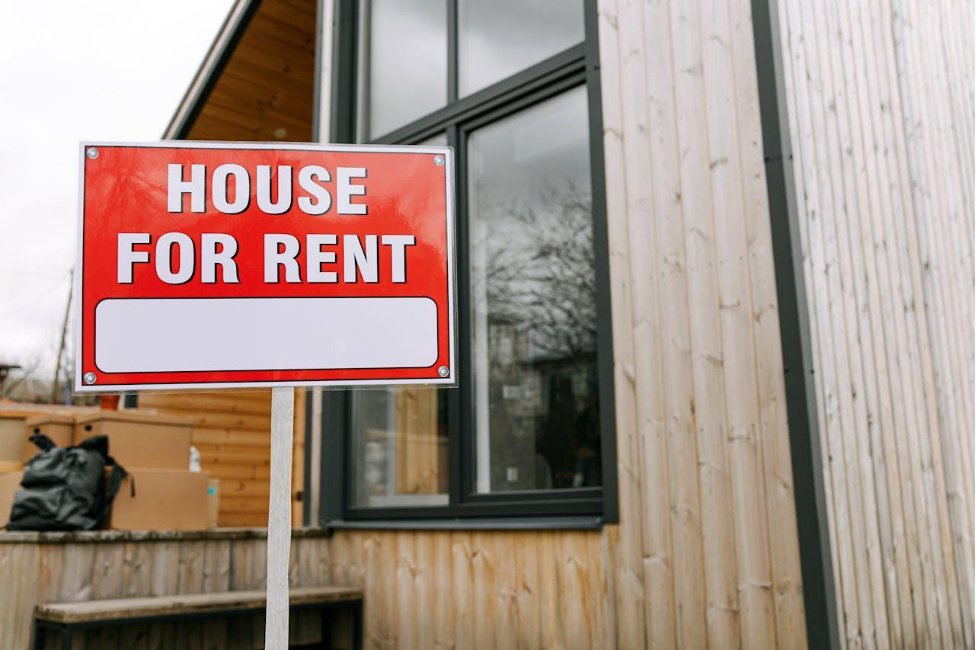The idea of a “forever home” has long been a symbol of stability and permanence. For decades, the dream of buying a home and staying there for the long haul has been a cornerstone of the American Dream. However, in recent years, a shift has occurred in the housing market and among buyers. More people are moving without settling. This growing trend reflects a changing mindset in how individuals view homeownership and personal life goals. So, why are more people opting for a nomadic lifestyle, leaving behind the traditional concept of the forever home? Let’s explore this transformation.
Why More People Are Moving Without Settling: Problems With Buying an Apartment
Buying an apartment can seem like the perfect solution for those who want to settle in a city or region, but it comes with its own set of challenges. One of the major problems apartment buyers face is the difficulty of selling the property when life circumstances change. This issue is especially apparent in markets where property values fluctuate, making it difficult to get a return on investment. Additionally, the rising costs of maintenance and property taxes can burden homeowners, forcing them to reconsider their long-term commitment to the property.
For many, these challenges make it harder to fully embrace the idea of settling in one place permanently. The lack of flexibility and the financial risks involved in homeownership make renting or temporarily living in different locations seem like a more viable option.
The Desire for Flexibility
In today’s fast-paced world, flexibility has become a priority for many people. The traditional idea of owning a home for a lifetime no longer appeals to everyone. With job opportunities often requiring relocation, the rise of remote work teams, and a changing economy, many are choosing to keep their options open. People now seek homes that can accommodate their current lifestyle needs, whether that involves frequent travel, career changes, or simply the desire to experience new places.

Caption: Remote work teams have stuck with both companies and employees after COVID-19.
Many see this as a shift from a fixed location to more of a transient existence, where the home is just one part of a broader, fluid life. The ability to move freely without the heavy commitment of a long-term mortgage is highly appealing. This desire for flexibility and mobility is driving more people to leave behind the concept of settling in one place for the rest of their lives.
Financial Freedom and Renting
Another major factor contributing to the decline of the “forever home” is the evolving rental business and new living opportunities. Renting allows people to avoid the heavy upfront costs associated with buying a house, including the down payment, closing fees, and long-term mortgage commitments. Renters can allocate their resources toward experiences, travel, or other interests that align with their current lifestyle rather than locking their money into a home.
This financial flexibility means being able to live in different cities, explore new job markets, or even take extended vacations. This is an attractive alternative for those who are not looking to settle down permanently but still want a place to live that suits their needs at any given time.

Caption: Why are more people moving without settling? Because renting is a good option, or because buying is a hard option?
Changing Attitudes Toward Homeownership
Homeownership is no longer seen as the ultimate goal for many young people. With rising student loan debt, the cost of living, and an increasingly uncertain economy, the dream of owning a home has lost some of its luster. For the millennial generation, especially, the desire for independence and personal freedom outweighs the security traditionally associated with owning property. Many young professionals view buying a home as a financial burden that limits their mobility and personal growth.
This generational shift in attitudes is reshaping the housing market. With fewer people seeing homeownership, there is growing interest in alternatives like renting, co-living spaces, and digital nomadism. These options provide more fluidity and less commitment, which better aligns with the changing values of younger generations.
The Role of Technology in the Shift
Technology has played a significant role in enabling this change in housing preferences. The rise of remote work, facilitated by high-speed internet and communication tools, means that many people no longer have to live in one location to pursue their careers. Virtual offices, coworking spaces, and global job opportunities allow individuals to work from anywhere. This increased mobility is influencing housing decisions. Many people no longer feel tied to one location because they can continue their professional lives without needing to settle in a single area.
A Shift in Life Priorities
As more people focus on experiences over possessions, buying a home and staying there for life is losing its appeal. Today, people are more focused on the journey than the destination. This shift might involve traveling, exploring new cultures, or embracing new opportunities.
Instead of locking themselves into one place, many individuals are choosing a flexible lifestyle. They move from city to city or even country to country, adjusting their living situation to match their changing needs. For some, this means renting an apartment for a year. Others may move to a new city for work or even live in a van or tiny home for a while.

Caption: When having a family, priorities shift, but families also experience a pull force towards less ownership.
Is It Different When Having a Family?
Does the question: Why are more people moving without settling? Does it apply to families as well? As the desire for flexibility continues to grow, even families are exploring non-traditional living arrangements. In many cases, families are choosing to rent or live in temporary spaces rather than committing to a permanent home. This flexibility allows them to move for job opportunities, lifestyle changes, or to experience new places without the long-term commitment of owning a home.
While it requires balancing the need for stability with a sense of adventure, the trend of moving without settling isn’t just for singles or young professionals—it’s becoming more feasible and appealing for families looking to live in a way that adapts to their changing needs.
Conclusion: Why More People Are Moving Without Settling
In conclusion, the “forever home” concept is becoming outdated. More people are embracing a lifestyle focused on mobility and flexibility. The answers to the question of why more people are moving without settling are many. Economic challenges, changing views on homeownership, the desire for financial freedom, and the rise of technology all contribute to this shift. As individuals prioritize experiences over long-term commitments, the idea of staying in one place for a lifetime becomes less appealing. Instead, people are moving without settling. They are choosing to live where and how they want, without the constraints of permanent homeownership. Whether renting, traveling, or exploring new opportunities, the modern approach to housing is all about adapting to life’s changes.
Keyphrase: More people are moving without settling
Meta:
Photos used:
Keyphrase: more people are moving without settling
Meta: Why more people are moving without settling? Discover the shift away from forever homes to a flexible, experience-driven lifestyle.
Photos used:

